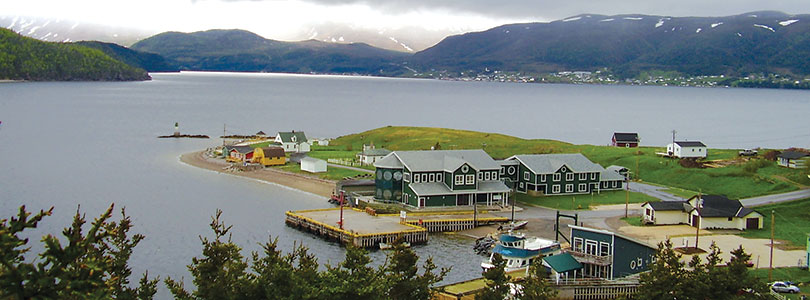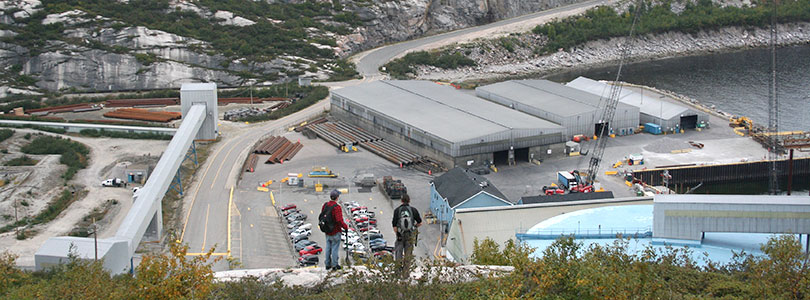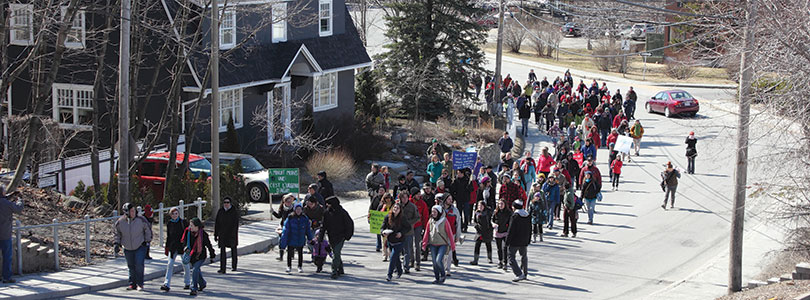UQAR is looking to better grasp the issues and problems facing regions in connection with current economic and societal changes. Researchers associated with this line of research analyze socioterritorial dynamics affecting regions and create tools for development assistance.
UQAR’s expertise in regional development (in French) is anything but a random process. It is the result of a long tradition of reflection and research that goes back several decades. At the beginning of the Quiet Revolution in the 1960s, the Quebec and Canadian governments identified the Lower St. Lawrence and Gaspésie regions as future laboratories for social experimentation in the area of regional development.
Well-grounded in its territory and the issues it faces, UQAR has endorsed the concerns related to the regional development of eastern Quebec first and foremost and, more broadly, of sparsely urbanized areas as well. Recognized as one of UQAR’s areas of research excellence since 1979, regional development brings together a diversity of researchers from various disciplines (the humanities, and natural and applied sciences) who contribute to an increased understanding of the dynamics of regional and territorial development in a context of instability, uncertainty, and risk.
Consequently, research is aimed at better supporting critical reflections presented to decision-makers and improving planning and land use instruments, as well as regional development public policies.


